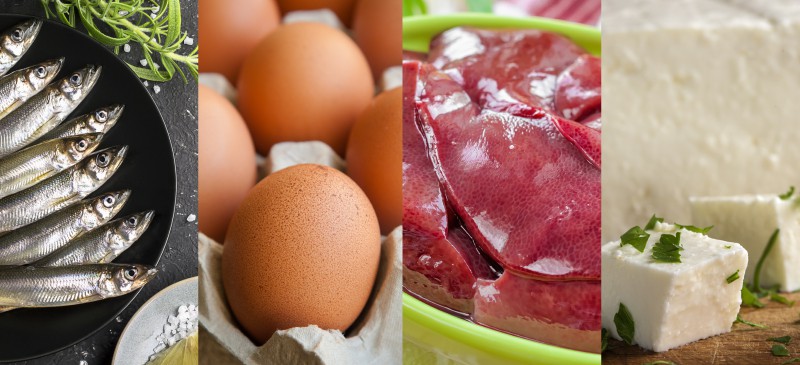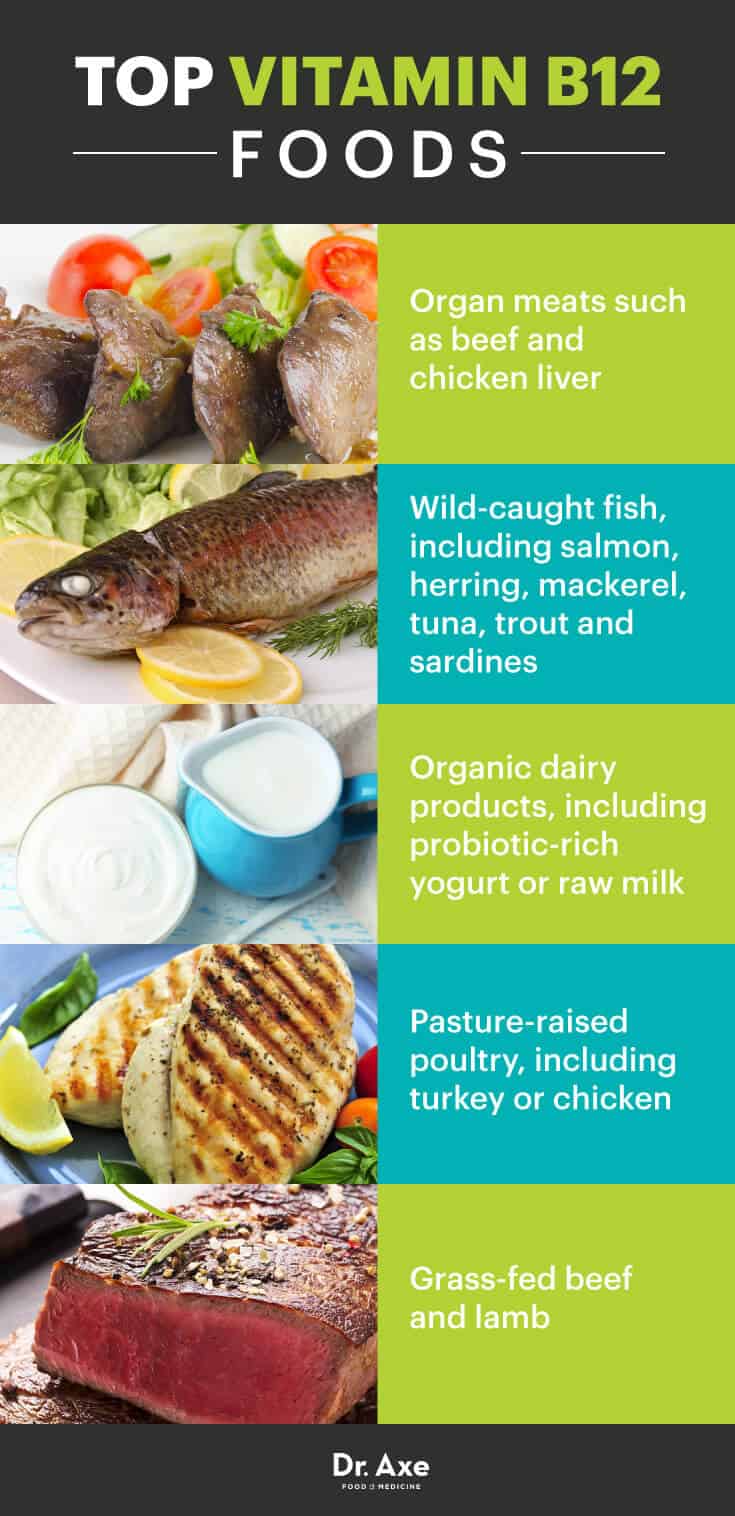Vitamin b12 deficiency
 |
| Add caption |
Vitamin B12, an essential vitamin for the production of red blood cells and DNA. Vitamin B12 deficiency is the leading nutrient deficiencies in the world. That’s why it’s important to get vitamin B12 foods into your diet.
Vitamin B12 benefits your mood, energy level, memory, heart, skin, hair, digestion and more. It is also an essential vitamin for addressing adrenal fatigue, multiple metabolic functions — including enzyme production, DNA synthesis and hormonal balance — and maintaining healthy nervous and cardiovascular systems.
Because of its wide-reaching roles within the body, a vitamin B12 deficiency can show up in many different negative symptoms, many of which are very noticeable, such as potential chronic fatigue, mood disorders like depression, and chronic stress or feeling run down.
Vitamin B12 benefits your mood, energy level, memory, heart, skin, hair, digestion and more. It is also an essential vitamin for addressing adrenal fatigue, multiple metabolic functions — including enzyme production, DNA synthesis and hormonal balance — and maintaining healthy nervous and cardiovascular systems.
Vitamin B12 actually exists in many forms, and it contains the mineral cobalt, which is why compounds with vitamin B12 are collectively called cobalamins. Two forms of vitamin B12 that are active in human metabolism are methylcobalamin and 5-deoxyadenosylcobalamin.
Vitamin B12 benefits the central nervous system in many important ways: It helps maintain the health of nerve cells — including those needed for neurotransmitter signaling — and helps form the protective covering of nerves, called the cell’s myelin sheath. This means that when vitamin B12 levels are low, almost every cognitive function can suffer.
Vitamin B12 also helps with digestion and heart health, so a deficiency can lead to both digestive disorders. It can come in food sources, hydroxocobalimin vitamin B12 injections or as an intramuscular vitamin.
Do You Experience Any of the Following?
- Tiredness and feelings of weakness...*
- Less-than-optimal nervous system functioning...*
- Less-than-optimal eye health...*
- Loss of appetite and unintended weight loss...*
- Occasional constipation and gas...*
- Feelings of mild moodiness...*
- Less-than-optimal memory...*
- A tendency toward nervousness...*
- Less-than-optimal balance...*
- Less-than-optimal liver or heart health...*
- Premature grey hair...*
- Occasional digestive issues...*
THAN ...you need to supplement with vitamin B12, even if you eat foods rich in B12.
You can eat plenty of meat, poultry, lamb's liver, brewer's yeast, clams, eggs, herring, mackerel, kidneys, milk, dairy products, or seafood -- and still have low levels of B12. How can that be?
It could be because your body is unable to absorb it from your gut. You see B12 needs the help of a protein in order to be absorbed. That protein is called intrinsic factor. And because the lining of your stomach makes intrinsic factor, people with less-than-optimal gastrointestinal health often need to supplement with B12.*
Likewise, most people over the age of 50 have a limited ability to absorb B12, too.
- Tiredness and feelings of weakness...*
- Less-than-optimal nervous system functioning...*
- Less-than-optimal eye health...*
- Loss of appetite and unintended weight loss...*
- Occasional constipation and gas...*
- Feelings of mild moodiness...*
- Less-than-optimal memory...*
- A tendency toward nervousness...*
- Less-than-optimal balance...*
- Less-than-optimal liver or heart health...*
- Premature grey hair...*
- Occasional digestive issues...*
THAN ...you need to supplement with vitamin B12, even if you eat foods rich in B12.
You can eat plenty of meat, poultry, lamb's liver, brewer's yeast, clams, eggs, herring, mackerel, kidneys, milk, dairy products, or seafood -- and still have low levels of B12. How can that be?
It could be because your body is unable to absorb it from your gut. You see B12 needs the help of a protein in order to be absorbed. That protein is called intrinsic factor. And because the lining of your stomach makes intrinsic factor, people with less-than-optimal gastrointestinal health often need to supplement with B12.*
Likewise, most people over the age of 50 have a limited ability to absorb B12, too.
Vitamin B12 and stress
Due to its role in helping with digestive enzyme production, vitamin B12 is needed to support a healthy metabolism and the breakdown of foods within the stomach. Vitamin B12 benefits digestion. It helps foster healthy bacteria within the gut environment. The elimination of harmful bacteria in the digestive tract — and simultaneously the presence of beneficial bacteria — is what prevents digestive disorders like inflammatory bowel disease or candida. (13)
B12 Deficiency | Early Signs and Symptoms
- Loss of balance and trouble walking
- Tingling or numbness in hands, legs or feet
- Memory loss
- Fatigue
- Anemia
- Depression
- Loss of taste and smell
- Jaundice
Inadequate vitamin B12 intake include:
- Strict vegetarians and vegans
- People with celiac or Chron’s disease
- People who frequently use prescription drugs
- People with autoimmune diseases
- People who smoke
- People who consume a lot of alcohol
- People who have used a lot of antibiotics

Comments
Post a Comment